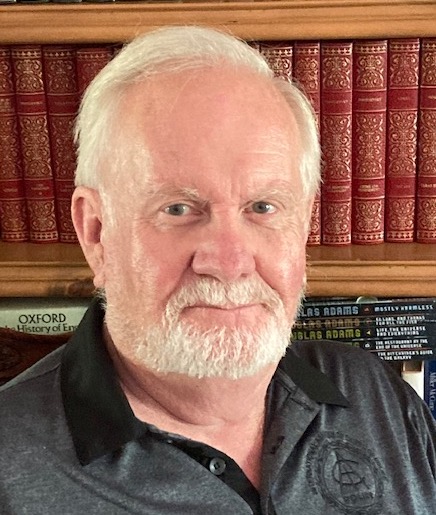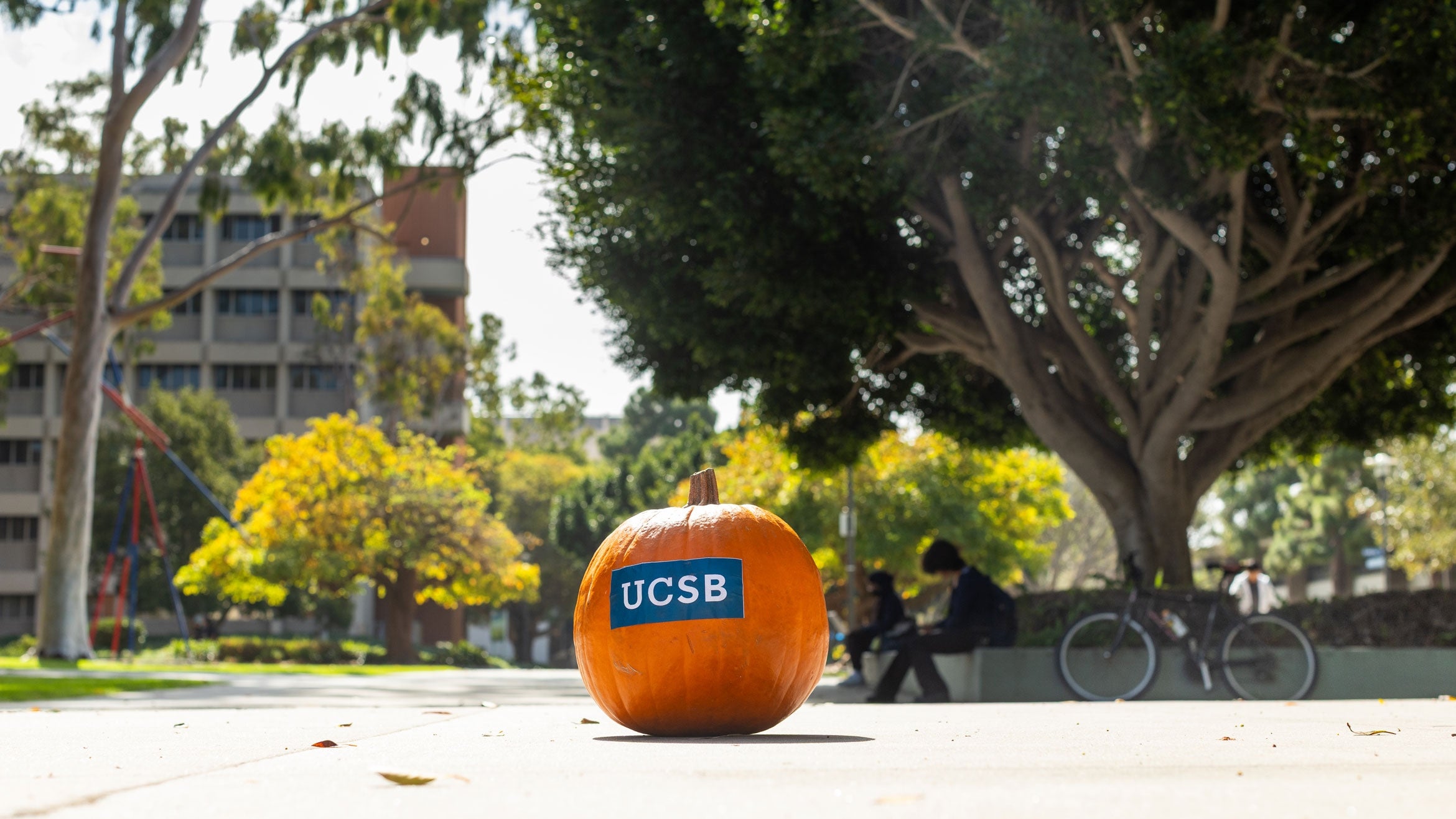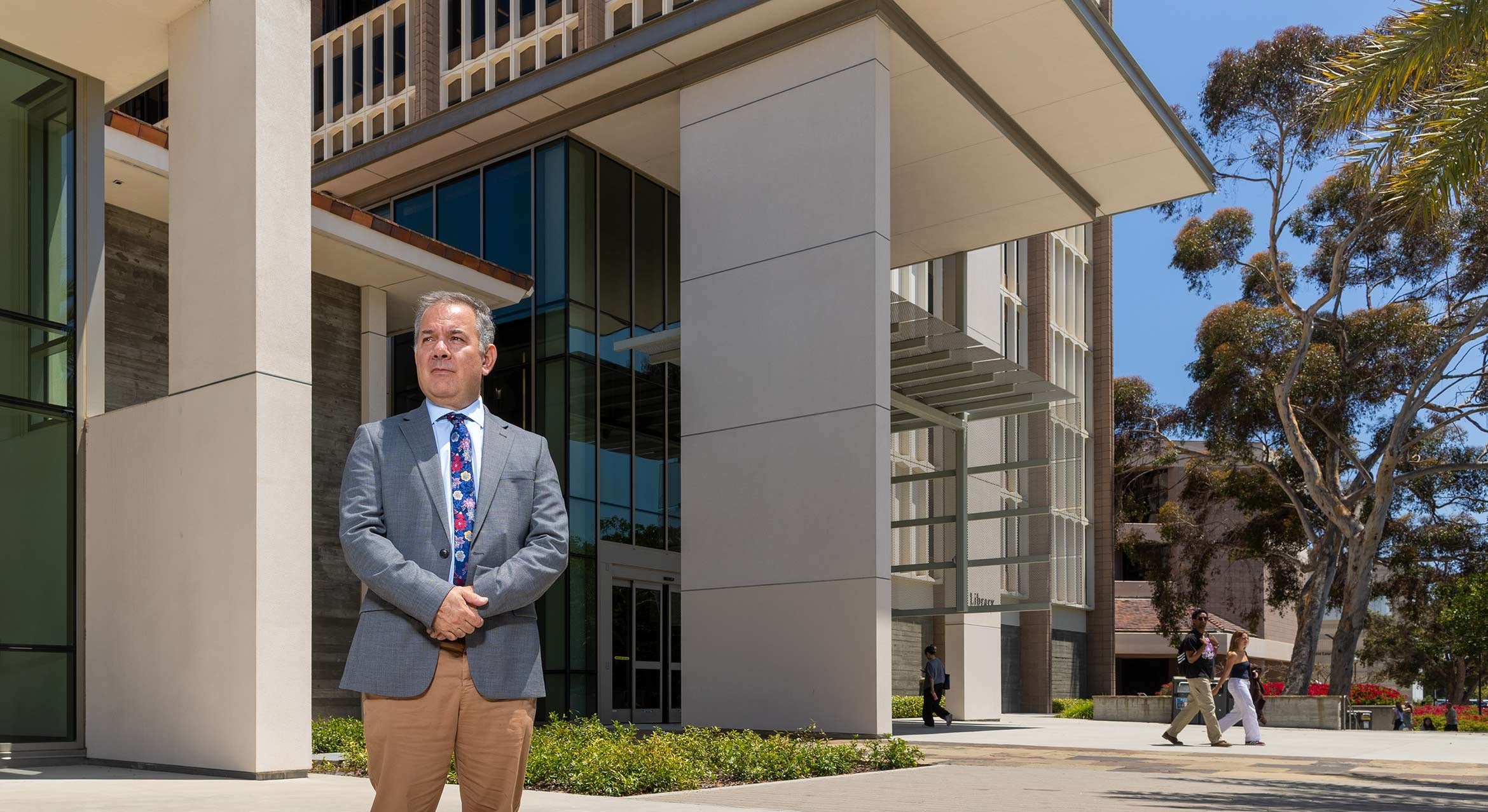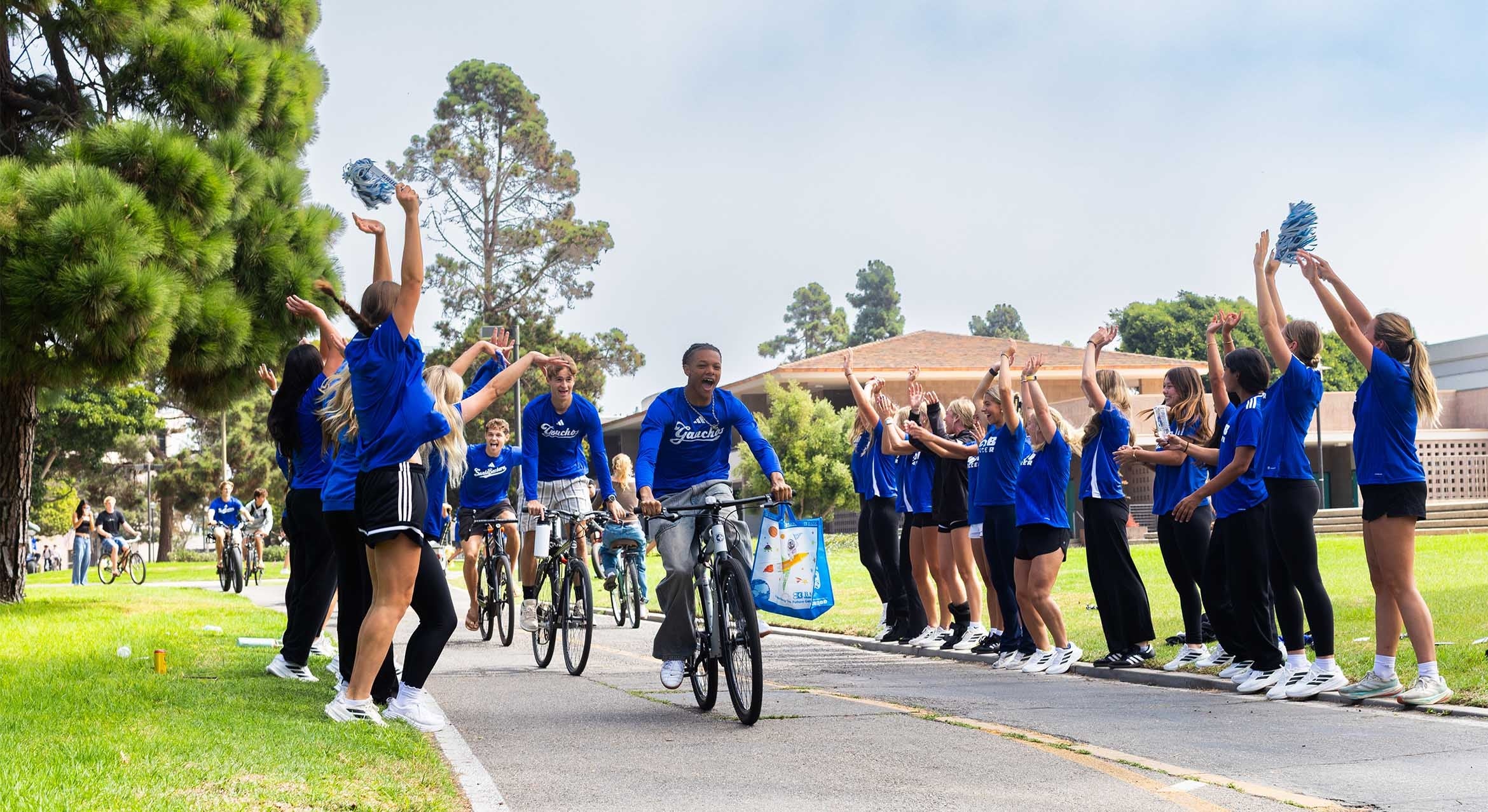
Policing and Community
Howie Giles, Distinguished Research Professor of Communication, has been awarded UC Santa Barbara’s prestigious Edward A. Dickson Emeriti Professorship for 2020-21. The award provides $15,000 in funding for research-related activities.
A specialist in interpersonal and intergroup communication processes in intergenerational, police-citizen and other intergroup settings, Giles has conducted research on communications and attitudes toward law enforcement spanning more than a dozen countries, including Mongolia, Bulgaria and Russia. He is co-editor of the two-volume “The Oxford Encyclopedia of Intergroup Communication” and is the founding and current editor of the Journal of Language and Social Psychology and the Journal of Asian Pacific Communication.
Currently, Giles is working closely with Lt. Shawn Hill of the Santa Barbara Police Department (SBPD) on issues of intergroup communication and policing. Together they have published three articles in major policing outlets — with another in submission — on the topic of police-community relations. In addition, they have collaborated with Ed Maguire, professor of criminology and criminal justice at Arizona State University, in co-editing the forthcoming “The Rowan & Littlefield Handbook of Policing, Communication, and Society.”
In 2017, Santa Barbara Chief of Police Lori Luhnow invited Giles to establish and serve as director of the Volunteers in Policing Corps. “The Corps has expanded much since then and has many working links with the community that have garnered considerable local media attention,” he said.
Earlier, in 1996, Giles began a 15-year commitment as a reserve officer with the SBPD. He was promoted to sergeant in 1999, and to lieutenant in 2005. Additionally, he has been a round-the-clock member of the Crisis Negotiation Response Team as well as a police chaplain. He is the recipient of 13 outstanding service awards, including one at the state level.
“The Dickson Award is even more timely now under current circumstances following the summer of 2020 and the George Floyd incident and the aftermath,” said Giles. The award will support his continuing research, including planning and processing the co-editing of a “Police and the People,” a contracted special issue of the journal Group Processes and Intergroup Relations; a text encouraged by Rowan & Littlefield for police colleges, academies and universities on communication and law enforcement; and an evaluative intervention study on promoting positive contact between law enforcement and the public.
“Relatedly, the Dickson Award will assist in my co-editing with Natasha Shrikant of the University of Colorado, Boulder and Shardé Davis of the University of Connecticut a special issue of the Journal of Language & Social Psychology entitled “The Legacies of Black Lives Matter: Language, communication, and social psychological perspectives toward social justice.”
In addition, Giles’s ongoing research on aging continues to receive acclaim, as evident last month when the National Communication Association presented him and his colleagues with an Outstanding Article Award for a study testing a newly proposed theory of successful aging that has had a substantial impact on the field. “An important feature of the theory is that managing aging is not so much about how old you think you are and how old you feel, but rather that you are as old as you communicate and as you are communicated to and about,” he explained.
“Howie Giles is an inspiration for all of us in the department,” said communication professor and department chair Norah Dunbar. “His devotion to our department over the years — serving twice as chair — and to especially the graduate students with whom he worked is unmatched. He has dedicated his career to improving relationships between groups who don’t share a common identity — and pioneered this area of study now known as intergroup communication — by studying many different groups around the globe. Now, in his retirement, he is translating that knowledge to improving police-citizen interactions right here in Santa Barbara. We are lucky to have him as a friend and colleague here at UC Santa Barbara.”
The Dickson Professorship is named in honor of Edward Dickson, who served as a Regent of the University of California from 1913-1946. His vision is credited with helping to make the Los Angeles campus a reality. Professorships, which exist at each of the UC campuses, were established by a philanthropic gift from Dickson, the longest-serving UC Regent.



